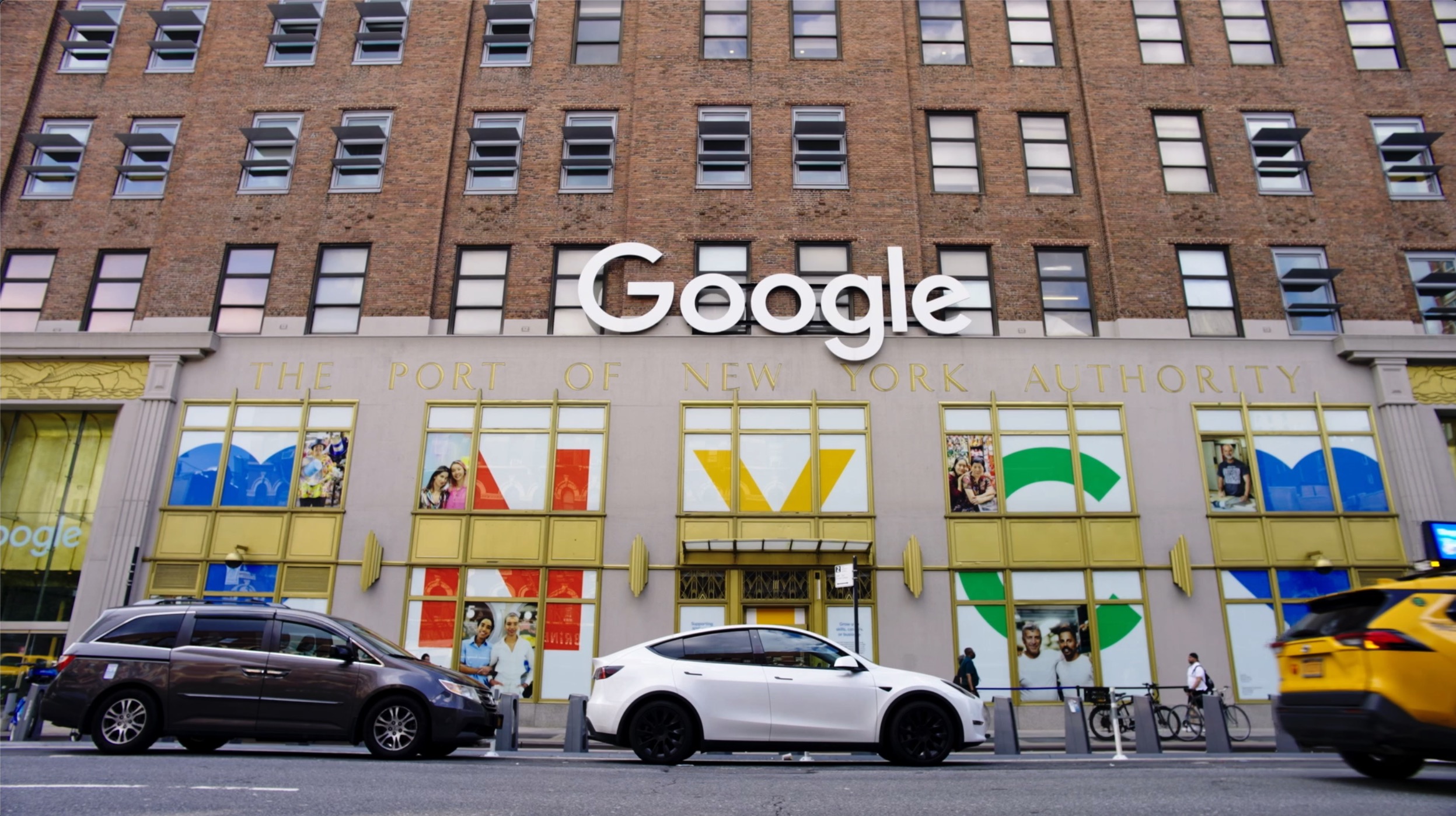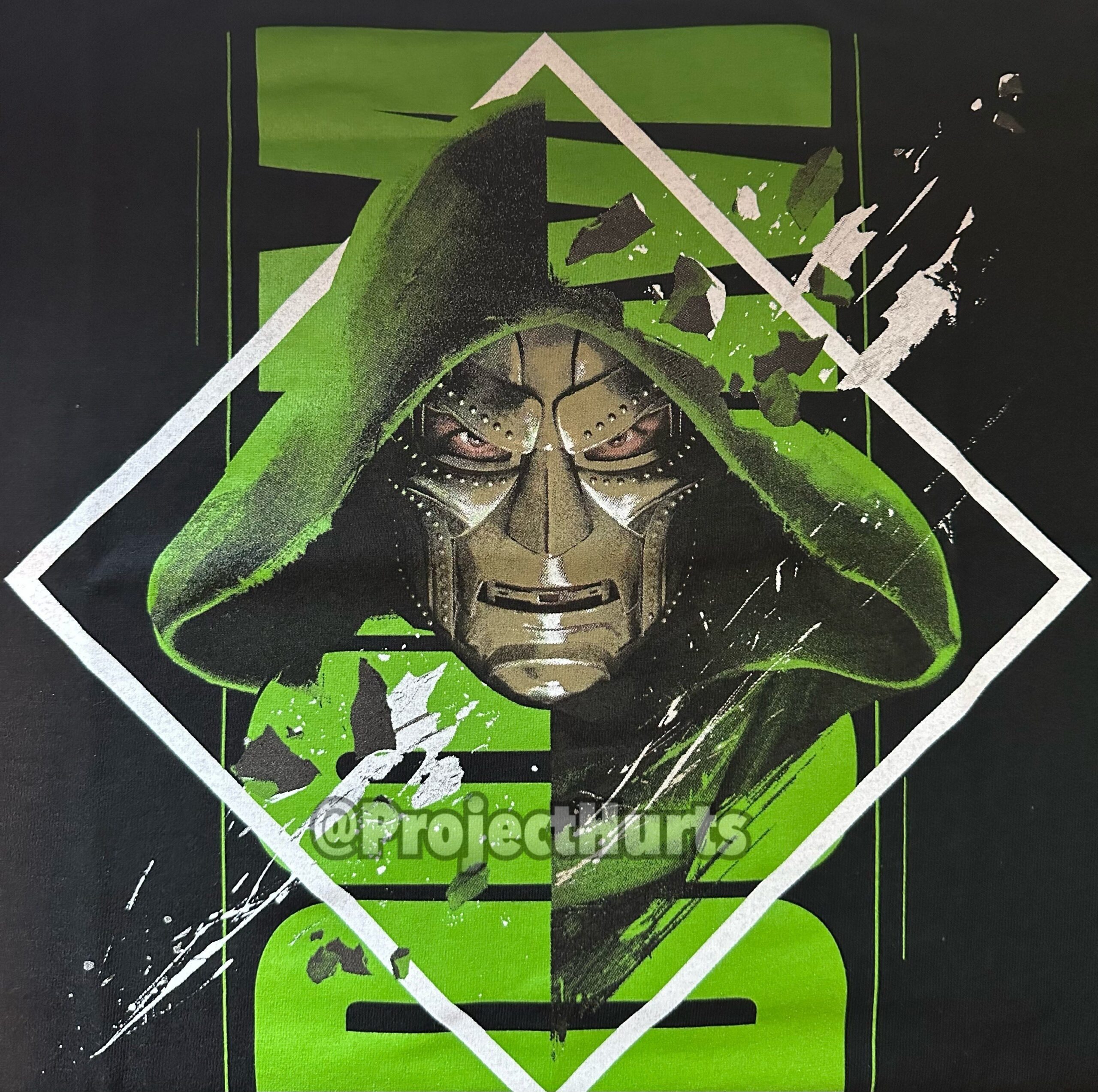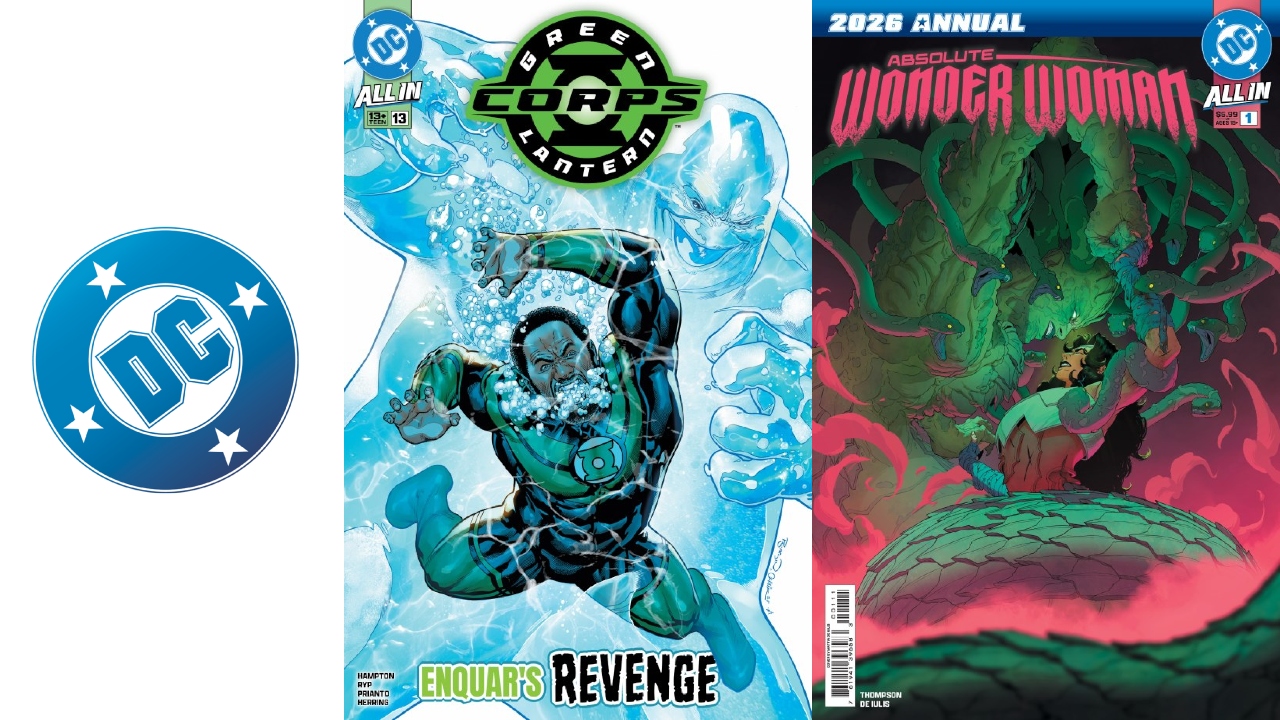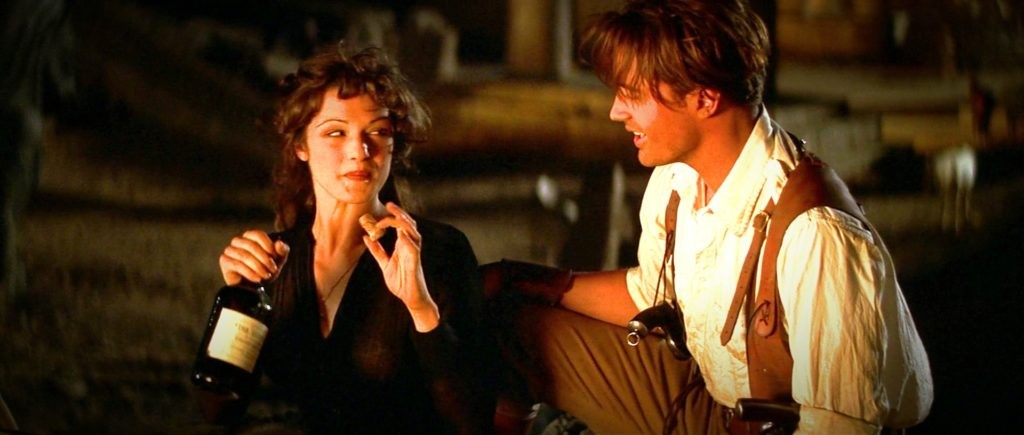As a director, Alex Winter dives into the rabbit hole of the rabbit holes with his latest documentary, The YouTube Effect. Winter takes us through the very early archives of youTubes and how it gained its popularity. While there is the not so colorful side that we get to see and the politics involved.
I was able to connect via phone with Alex Winter over a week ago to discuss the making of The YouTube Effect. He discussed how he found his direction in the world of so much content to find its beginning and the algorithm of the main online search engines. Winter also spoke about his subjects in the film and what made them relevant to be a part of this film and more!
Alex Winter: Hey, how are you?
Nancy Tapia: Good. How are you, Alex?
Alex Winter: Really good. Really good. Thank you.
Nancy Tapia: I am excited to talk to you again. We connected back in November 2020 for Zappa, a documentary I really enjoyed.
Also Read Zappa: Alex Winter On A The Unclassified Artist | Exclusive
Alex Winter: Oh, right. Oh, thank you. Gosh, that was a blizzard of a time, right?
Nancy Tapia: It was! It was while still figuring out Zoom, haha…
Alex Winter: Yeah, haha… I know. In the early days of Zoom.
Nancy Tapia: Yeah, but now, here you are again, directing. I would say, the rabbit hole of the rabbit holes with The YouTube Effect.
Alex Winter: Yeah, I would agree with that. I think that’s what it is, and I don’t think it’s been proven that way. When you deal with a company as pervasive, you’re going to be dealing with negatives that are very intense along with positives that have their obvious strengths. So I didn’t see that really getting very much which is why I wanted to dig into it.

Nancy Tapia: You are diving into The YouTube Effect with so much content. Like mentioned in the film, a whole other library. So how do you put it in order? How do you figure the start to an end?
Alex Winter: Well, generally, I’m dealing with trying to build a narrative, an actual story based on a core group of characters, and that’s my focus. That, with some of these bigger stories, I’m not trying to tell the whole YouTube story. I’m not trying to get my arms around all of it. I have a very specific focus, and my focus here was to look at the implications of, by far, the largest media platform. In fact, one of the very largest tech, really the number two largest tech platform in terms of visibility on the planet after Google itself, and both of these are owned by Google. So that was my interest and that was looking at it for good and ill.
A company this big with more eyeballs on it than anything else on earth. And what does that mean and what are the implications of it. That was pretty focused, and once I found the ensemble of characters, that gave me a very clear guideline of what story I wanted to tell and all the stuff I didn’t really need or want to tell.
Nancy Tapia: I had no idea that YouTube is leading behind Google. I thought it was Google this whole time as the search engine.
Alex Winter: Yeah. Well, it’s also its most visited website, so it’s not just a search engine, but it is leading behind Google that way as well. So you’re not incorrect. But when you think about the numbers, when you think about the amount of people around the world who are visiting these two websites every day, it is head and shoulders beyond anything else that’s online. It’s head and shoulders beyond social media platforms. Which are often the focus of a lot of the things we get into in the doc and YouTube is quite consistently overlooked because I think it’s overwhelming to people. I think people don’t exactly know how to get their arms around. Is it a search engine? Is it a social media platform? Is it a video and entertainment platform? Is it a news platform? And, of course, the answer is, “It’s all of those things.” It’s kind of a new animal, and I think it’s a new animal in a way that even the people who created it haven’t quite grappled with yet.
Nancy Tapia: It’s scary to learn about the algorithm and how it controls not only the viewer, but also the content creative. How much power it holds on to us as humans. Can you talk a little more about that?
Alex Winter: Yeah, it’s certainly true that the algorithm has power and that there are issues involving the algorithms and how content is directed towards users. For YouTube, that was primarily a problem with the advent of their recommender algorithm, and to be fair to them, and we talk about this in the film. They put a lot of work into adjusting that algorithm so that there would be less chance for people to be what we think of as rabbit holed. Like what happened to Caleb Cain, though I would argue that the issues at play within YouTube are not really algorithmic at their root in terms of their power. I think that they’re mostly para- social in terms of their power, and that is where the problem lies. Because I think the issue isn’t really a technology issue, which is I think if we talk about algorithms, which is something that no person on earth actually understands, well then the public response is just going to be a throw up their hands and say, “Well, there’s nothing we could do here,” right?
If we look at these issues rather than being algorithmic issues, but actually issues about human nature. Issues about business models, issues about publicly traded companies and how they work, then we can start to find solutions, I believe, because those are all tangibles. And that’s really more what’s at the root of the hold that these platforms have over people than algorithms.
Nancy Tapia: We get to see 19 subjects. How did you narrow it down? How did you know who are the right individuals for The YouTube Effect for the viewer to really get the knowledge?
Alex Winter: A couple of things, one is I’ve been around the space a long time and I have a lot of relationships within the space. Gale Anne Hurd, our producer, who is amazing, has also been around the space a long time and has relationships in the space, and we all pulled our rolodexes and went after people. The way docs work in general for me is I’m really hunting for a very specific subject. I don’t often want everybody in my film. I want people who are deep inside the story, people who have been personally impacted by the story, people who are obviously willing to talk honestly and intimately about the story, and those boxes are really specific and if they don’t check all of those, I don’t tend to keep them.
So that’s the criteria, and I think in this case, we found I had another issue in mind. Which is common with the tech docs, which is I was hoping for people who had some form of interconnectivity, even if they didn’t know each other. For example, Caleb Cain, who had been rabbit holed in one part of the country, ended up being pulled out of his rabbit hole by Natalie Wynn and her contra points channel, despite the fact that neither of them knew each other at all and never met and probably have still met. But they had this extremely powerful connection. So I was looking for those elements too, people who had connections to each other, even if they weren’t personal.
Nancy Tapia: Now, you’ve been doing documentaries for a while now, so what would you say is your magic to bring a good balance of the subject?
Alex Winter: I can only speak for myself and, I guess, the type of documentaries that I prefer. I think you have to have a genuine both interest and love of your fellow human. I think that you have to have compassion and empathy for all of your subjects, even if they are capable of doing terrible things. I think that if you have a fundamental baseline, I would say, for lack of a more nuanced way of putting it, an actual love for your fellow human and a hope for all people’s abilities to better themselves or to have aspects within themselves that have value, then I think you’re treating your subjects without judgment. And I think that’s very important, personally, to telling stories that are truthful and that also reflect the human condition.
What I try to do is avoid the pitfalls of certain documentaries where you’re coming down really hard with your opinion in a way that you know will please the audience. In other words, you’re catering to a lowest common denominator like you’re going to gotcha somebody, you’re going to pull someone in on false pretenses and obscure them. Which is very satisfying to audiences, but almost in a base reality TV kind of way, like a Roman Colosseum kind of way. I’m always shocked by how many really sophisticated docs do this as well. I think it’s a cheap shot and it reduces the quality of their work. Of course, I have a POV and I want my POV in the film, but I really try to come at my subjects with a level of trust and compassion.

Nancy Tapia: So after making this film, have you changed the way you do your own personal searches?
Alex Winter: Not really. I’m pretty good at avoiding those pitfalls. My kids were all online all the time, some of whom are already grown and grew up on YouTube. None of them got red pilled, none of them got propagandized. They were all pretty good at self curating. Not to cause any outrage, but I would argue that there’s a lot of moral panic around children online, some of which is not justified or even backed up by data. I haven’t really had a problem, but I think that there are a lot of problems and there are harms. When you have this big a community, of course there are kids who are subject to harassment and attacks, and of course there are terrible things like that that are going on. But I’ve been pretty good at navigating that world, and my kids so far have all also been very good at navigating it.
Nancy Tapia: To wrap up, Alex, I’m a fan of Alex Winter, the actor. Will I be seeing you as an actor anytime soon?
Alex Winter: Haha…Well, thank you so much. I have a fun little part, very little part, but it was a lot of fun in the new Steven Soderbergh, Ed Solomon series, Full Circle, which is coming out on HBO. I think my scenes are out on July 20th. Then I made a film for Shutter, (Destroy All Neighbors) which I co-star in with Jonah Ray Rodrigues. I’m under an enormous amount of prosthetic makeup for that. That’s a lot of fun. And I’ve made another film (Absolute dominion) with Lexi Alexander that’s going to come out later this year. So I’ve been acting, but I hold out for things that I find interesting, so I don’t do a ton of it unless it really speaks to me on some level.
Also Read Landon Van Soest Talks About The Mastermind Of The Jewel Thief | Exclusive
Nancy Tapia: Well, I was pleased to speak with you. It’s always a pleasure and, like I said, you have something about your documentaries that have some magic to keep the viewer involved.
Alex Winter: Oh, I really appreciate that. Thank you. It’s not easy, so I’m always glad when I hear that.
Nancy Tapia: Of course, of course. Well, thank you so much and good luck with the pup.
Alex Winter: Great, thank you.
Nancy Tapia: You’re welcome. Bye-bye.
Alex Winter: Bye-bye.
The YouTube Effect is now in theaters nationwide and available to stream August 8, 2023
Source: LRMExclusive, Drafthouse Films
 FOR FANBOYS, BY FANBOYS
Have you checked out LRM Online’s official podcasts and videos on The Genreverse Podcast Network? Available on YouTube and all your favorite podcast apps, This multimedia empire includes The Daily CoG, Breaking Geek Radio: The Podcast, GeekScholars Movie News, Anime-Versal Review Podcast, and our Star Wars dedicated podcast The Cantina. Check it out by listening on all your favorite podcast apps, or watching on YouTube!
Subscribe on: Apple Podcasts | Spotify | SoundCloud | Stitcher | Google Play
FOR FANBOYS, BY FANBOYS
Have you checked out LRM Online’s official podcasts and videos on The Genreverse Podcast Network? Available on YouTube and all your favorite podcast apps, This multimedia empire includes The Daily CoG, Breaking Geek Radio: The Podcast, GeekScholars Movie News, Anime-Versal Review Podcast, and our Star Wars dedicated podcast The Cantina. Check it out by listening on all your favorite podcast apps, or watching on YouTube!
Subscribe on: Apple Podcasts | Spotify | SoundCloud | Stitcher | Google Play




